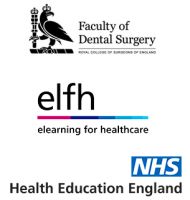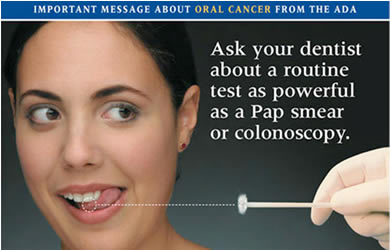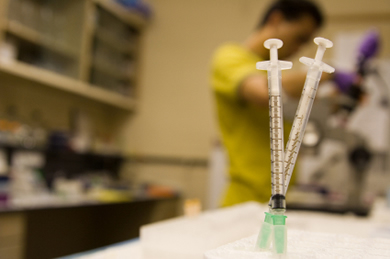Principles of Screening



This session outlines the aims of health screening, with a focus on the perspective of patient care. It also illustrates how to carry out a thorough assessment of any screening test.
Learning objectives
By the end of this session you will be able to:
- state the aims of health screening
- list the main stages of disease progression
- identify the correct timing for a screening test
- explain how screening tests should be assessed
- outline the implications of screening for patient care
Health screening is a procedure that is performed to detect the presence of a specific condition. Members of a defined population are asked a question or offered a test to determine whether they will benefit from further tests or treatments. These individuals may not necessarily perceive or know that they are already affected by a disease or its complications.

Before commencing this session you should:
- be able to explain the difference between 'high risk' and 'population' based approaches to disease prevention
Paul qualified in 1980 from Liverpool University and worked within both the CDS and GDS for several years, during which time he obtained an MCDH from Birmingham and his DDPH. He then moved to London and worked in various academic posts at the Royal London, where he completed his PhD, King’s College London, and UCL. During this time he was awarded an FFGDP. He also holds an FDS and FPHM.
Paul has worked in various capacities for a number of organisations within dentistry including the BDA, the Department of Health, the DPB, the FGDP, the Scottish NHS Executive, and the WHO, as well as several national governments. He has also assisted a number of other bodies on dental matters including the Consumers Association, the Office of Fair Trading and the National Audit Office, and acted as the Advisor to the Health Select Committee on NHS dentistry. He was appointed President of the British Association for the Study of Community Dentistry in April 2004 and currently is the course director of the leadership and management programme in dentistry as well as national research co-ordinator for the Faculty.
Paul is also part of the Module Editorial Team at e-Den, and is co-Module Editor for Module 1 Patient Assessment, and Module 12 Management and Leadership.

- Oral Health | Clinical and Risk Asessment | What s...
- Posted By eIntegrity Healthcare e-Learning
- Posted Date: 2025-03-04
- Location:Online
- This session examines the essential details that should be recorded in a patient's clinical notes for common dental procedures. Good practice guidelines surrounding the retention of patient records are also discussed together with the importance of confi
- Oral Health | Clinical and Risk Asessment | What i...
- Posted By eIntegrity Healthcare e-Learning
- Posted Date: 2025-03-04
- Location:Online
- This session outlines the background to the development of health promotion, and the key principles and strategies underpinning health and oral health promotion.
- Oral Health | Clinical and Risk Asessment | What a...
- Posted By eIntegrity Healthcare e-Learning
- Posted Date: 2025-03-04
- Location:Online
- The clinical record is not restricted to what is written in the clinical notes. This session looks at what also constitutes clinical records and how these can be kept safely for the required period of time. The benefits and drawbacks of computerised syste
- Oral Health | Clinical and Risk Asessment | What a...
- Posted By eIntegrity Healthcare e-Learning
- Posted Date: 2025-03-04
- Location:Online
- This session outlines the basic skills required to deliver effective diagnoses. It will form an introduction to the further learning delivered within this programme that will complement these skills.
- Oral Health | Clinical and Risk Asessment | Use of...
- Posted By eIntegrity Healthcare e-Learning
- Posted Date: 2025-03-04
- Location:Online
- This session describes current thinking on effective delivery of fluoride to the mouth, why fluoride toothpastes have been so successful in reducing caries, enamel solubility and how fluoride can both help to prevent it and reverse the early stages of dis







